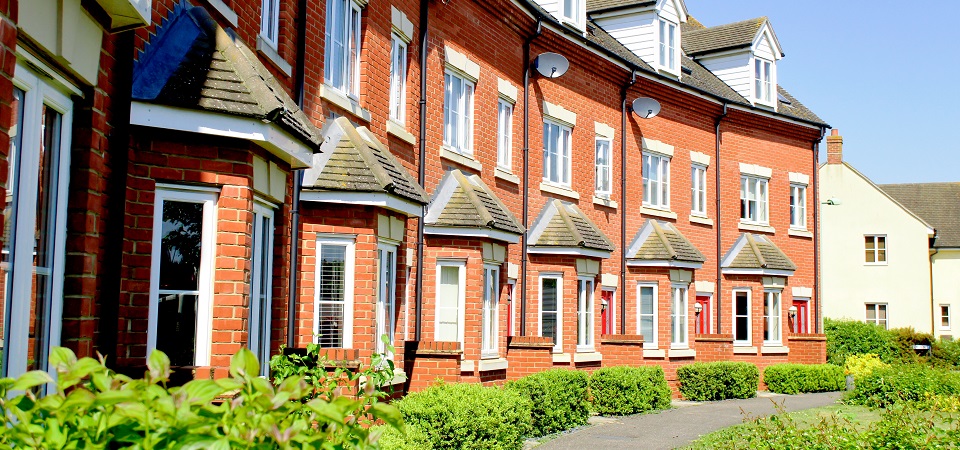Last year, the government set out a range of proposals to overhaul the future of home ownership.
With around 4.3million leasehold homes in England alone, it is claimed the reforms will transform home ownership for millions of people in England and Wales.
Here, solicitor Eleanor Longworth, an expert in residential long leasehold dispute resolution, offers some helpful guidance as to whether leaseholders should wait before approaching the freeholder to extend the lease or buy the freehold, in light of the reforms.
What is leasehold?
In England and Wales, most people own their homes on either a freehold or leasehold basis.
If someone owns the freehold of their property they also own the land on which it stands, and they have significant control over their home.
Leasehold, however, means that you have a lease of your home for a certain period of time. You usually have to pay a rent and possibly other charges to your landlord. There may also be restrictions on what you can do at or with the property.
The government has been under pressure to change the law for some time, with campaigners arguing that the current system is complicated and open to abuse.
What will the new proposals mean?
Currently, leaseholders of flats have the right to extend their lease by 90 years, with the ground rent set to nil.
To extend a lease a premium is payable, and depending upon the number of years remaining on your lease, it can be expensive. If it is below 80 years, a premium known as marriage value would be payable to reflect the additional market value of the property during the extended lease period. This can significantly increase the cost.
The Law Commission published three reports in July 2020 into enfranchisement rights, right to manage (RTM) and commonhold. Each make more than a hundred recommendations, which focus on giving leaseholders more control over costs, making the rights available to more leaseholders, in more types of property, and simplifying the processes to protect leaseholders from falling into procedural traps.
If implemented, leaseholders may have the right to extend their leases for a term of 990 years, at a peppercorn (nil) ground rent. The concept of marriage value may also be abolished. Other changes include an online calculator being made available to make it easier to work out what you have to pay to the freeholder.
The progress of the leasehold reforms
The Law Commission began this process in July 2016, when it consulted on the reforms, with the Leasehold Reform (Ground Rent) Bill was introduced to Parliament in May 2021.
If it receives Royal Assent, among other things it will restrict ground rents on new long residential leaseholds properties to one peppercorn per year.
What happens next?
The government has made its intention clear however, it’s currently unclear how long it will take for the reforms to be implemented and if after the consultation process, the benefits to leaseholders will be as presently proposed.
The government will come under significant pressure from freeholders and it may be that the legislation is not as advantageous as leaseholders are anticipating.
Given the reforms have been underway for a number of years now and legislation has still not been enacted, whether or not you should delay and ultimately whether you can afford to will come down to your individual circumstances.
It may be that you are looking to sell or remortgage your property. If you are approaching or are below 80 years unexpired on your lease, you may not be able to sell your property, or delaying could cost you significantly more money if the reforms are not ultimately enacted.
Taking expert legal advice at an early stage is vital so that you can make an informed decision.
Eleanor Longworth is an associate solicitor based at WHN’s Bury office. Eleanor has expertise in a wide range of property litigation matters, including dilapidations and lease renewals, as well as residential long leasehold dispute resolution matters. If you need help on any property legal matter, please contact Eleanor on 0161 761 4611 or email eleanor.longworth@whnsolicitors.co.uk













